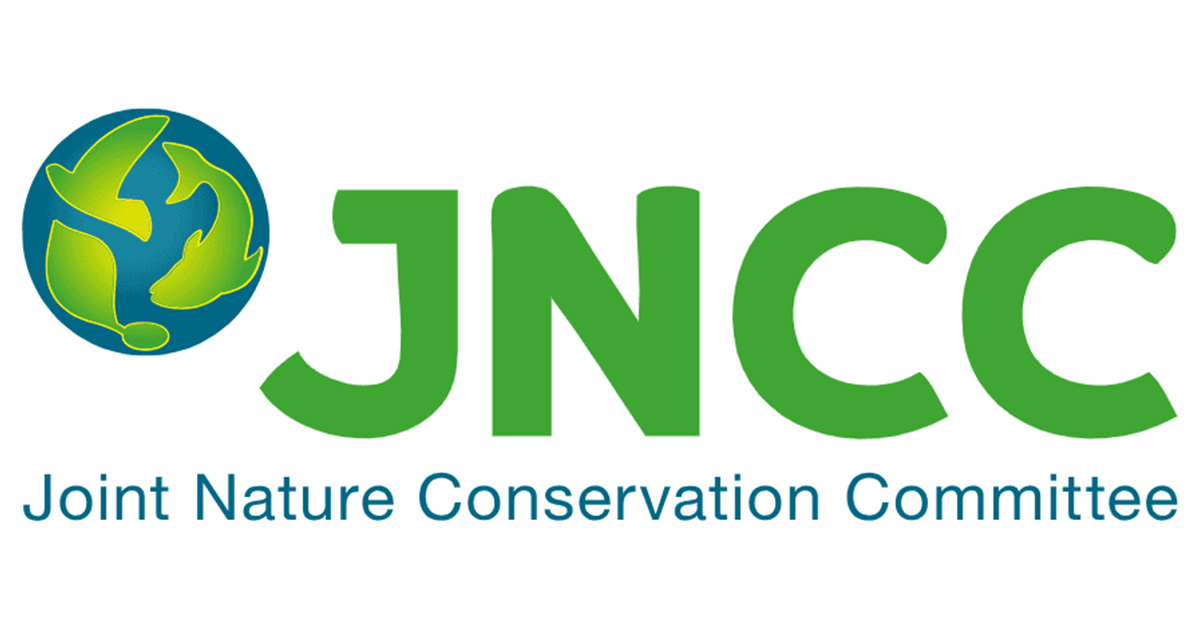Joint Nature Conservation Committee (JNCC) is the statutory adviser to UK Government on UK and international nature conservation. ln using our advisory responsibilities, JNCC supports governments in achieving their vision of clean, healthy, safe, productive, and biologically diverse oceans and seas through piloting and demonstrating improved use of evidence and analysis in decision making.
Short Summary:
JNCC are looking for a Marine Monitoring Manager to join the Marine Monitoring Team. You will work under the guidance of JNCC’s Marine Monitoring Team Leaders, with a range of other specialists, both within JNCC and in other organizations. Using your knowledge of marine biodiversity and monitoring, you will help lead marine monitoring strategy and research and development for all UK marine biodiversity but particularly related to the offshore benthic environment and Marine Protected Areas. You will work with colleagues in the country nature conservation bodies (NatureScot, Natural England, Natural Resources Wales, CEFAS, Department for Agriculture, Environment and Rural Affairs Northern Ireland) and other public bodies (e.g., MMO, Environment Agency).
The Marine Monitoring Manager post will work within JNCC’s well-established Marine Monitoring team, which has a hugely diverse and exciting work portfolio centered around providing evidence to support tackling biodiversity loss and climate change across our seas.
Highly Protected Marine Areas (HPMAs) are areas of the sea that allow the protection and full recovery of marine ecosystems. By setting aside some areas of sea with high levels of protection, HPMAs will allow nature to recover to a more natural state, allowing the ecosystem to thrive. HPMAs present a unique opportunity to monitor ecosystems in areas where damaging activities will be prohibited. To date, monitoring of offshore MPAs has focused on the seabed habitats. All marine biodiversity components will be considered for monitoring in the HPMAs (cetaceans, seabirds, seals, pelagic, benthic, fish and cephalopods and food webs). The Marine Monitoring manager post will provide a key leadership function for the management of programs of work relating to strategic monitoring plans for HPMA marine ecosystems and the future of evidence collection from UK offshore waters.
Post Duties
- Lead the Marine Monitoring Programme Strategy Project, setting targets with the Programme Leaders, and managing and reporting on delivery.
- Lead on Highly Protected Marine Area and wider UK offshore monitoring research and development work to inform and steer the program of monitoring for all biodiversity;
- Work with partners to improve the functioning of marine biodiversity monitoring programs across the UK and ensure a robust and accessible evidence base for developing policy advice.
- Work with others at JNCC and with partners to support the delivery of operational monitoring for HPMAs and MPAs in UK offshore waters and liaise with, plankton, seabird, and marine mammal specialists regarding monitoring activities.
- Support JNCC’s national and international monitoring work, for example under the UK Marine Strategy, Environment Bill and the International Oslo Paris (OSPAR) Convention.
- Contribute to the writing of proposals for future project opportunities related to marine biodiversity monitoring.
- Manage other projects and contracts necessary to support JNCC and its marine monitoring and evidence work.
- Line-managing and supervising a small team to deliver the work described above.
Most of the work will be office based, but there may be opportunities to participate in field surveys at sea (for up to several weeks at a time). The post-holder will be required to work with colleagues in JNCC’s Peterborough and Aberdeen offices, and will be required to attend meetings in UK and overseas, involving overnight stays away from home.
Person specification
Please demonstrate in your statement of suitability your reasons for applying.
Behaviors
We'll assess you against these behaviors during the selection process:
- Communicating and Influencing
- Working Together
- Seeing the Big Picture
- Making Effective Decisions
Technical skills
We'll assess you against these technical skills during the selection process:
- Advanced knowledge and understanding of the marine biodiversity in UK waters, including knowledge of relevant scientific and survey techniques for benthic habitats and knowledge of the UK and European marine habitat classifications.
- Experience of marine environmental monitoring using a variety of sampling and data interpretation techniques, including knowledge and experience of assessing how marine activities may affect marine biodiversity.
- A comprehensive understanding of the UK’s work and progress on Marine Protected Areas (MPAs) and Highly Protected Marine Areas (HPMAs).
- A good understanding of the principles and techniques for assessing the status/condition of marine ecosystems.
- Verifiable experience in the use of standard office software, databases, GIS and statistical packages, to manipulate, interrogate and interpret spatial datasets, including experience of integrating and analyzing different types of data from multiple sources
- Additional skills and experience that would be valuable to the post are: • Detailed knowledge of the main provisions of UK and European policy or legislation concerning nature conservation.
- Educated to degree level or equivalent qualification in a relevant subject and/or relevant recent practical work experience that provides the following knowledge, experience and behaviors
Closing Date: November 12, 2023





